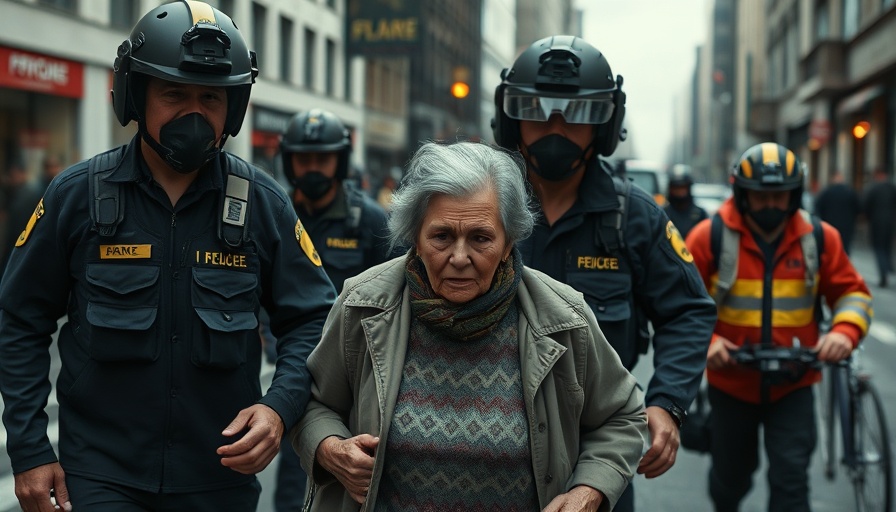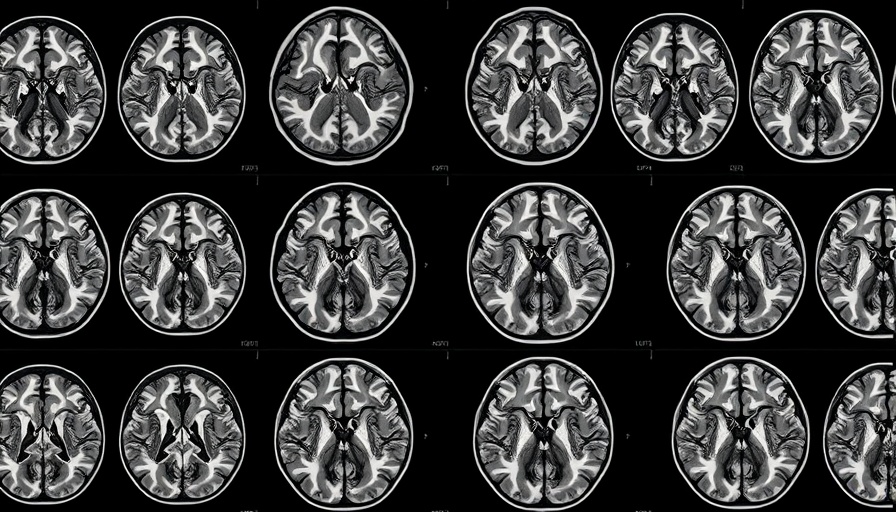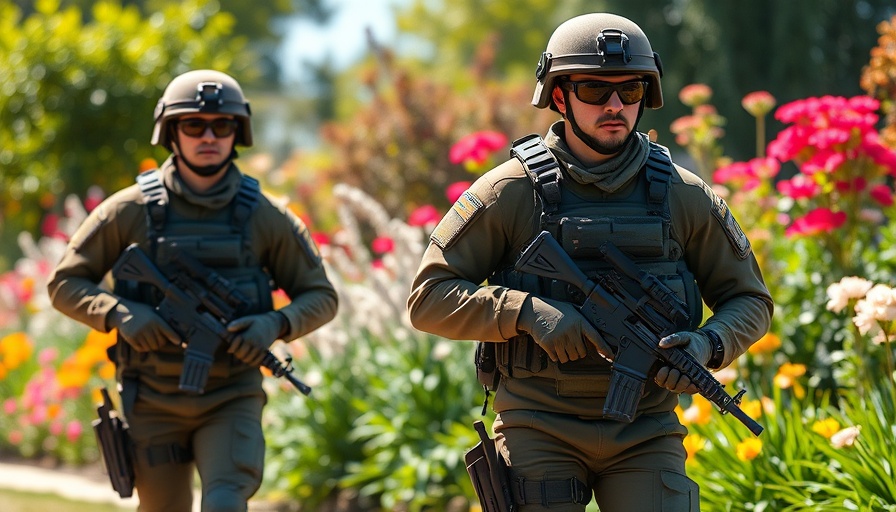
Escalating Tensions: Israel and Iran at a Crossroads
The latest comments from Israeli Defense Minister Israel Katz, warning that “Tehran will burn” if Iranian missile attacks continue, signal an alarming escalation in rhetoric and military actions between Israel and Iran. As military exchanges ramp up, the prospect of a prolonged conflict looms larger, raising concerns not only in Israel and Iran but also across the Middle East.
Understanding the Context: A Tumultuous History
To grasp the gravity of these threats, it's essential to consider the complex history of relations between Israel and Iran. Following the 1979 Iranian Revolution, when Iran became a Theocratic Republic, the relationship deteriorated significantly. Mutual distrust has escalated in the intervening decades, particularly over nuclear ambitions and regional influence. As military prowess on both sides has grown, so too has the rhetoric, with both nations demonstrating a readiness to engage in violent confrontations.
Iran's Retaliation: An Eye for an Eye
In retaliation to recent Israeli airstrikes which targeted key Iranian military facilities, Iran has unleashed a barrage of drone and ballistic missile attacks aimed at Israel. The intensity of these retaliatory strikes highlights Iran's commitment to responding decisively to perceived threats. Reports confirm that the night skies over Jerusalem and Tel Aviv were alight with explosions, a stark reminder of the conflict's potential to escalate further. This counteraction reflects not just national pride but a deeply rooted desire to safeguard sovereignty.
Human Impact: Civilians Caught in the Crossfire
As military operations persist, countless civilians remain vulnerable. The recent violence has left at least three Israelis dead and more than 320 injured, with Iranian sources reporting higher casualty figures following the Israeli strikes. In conflict zones, everyday life becomes an uncertain gamble where citizens are forced to take cover as sirens blare. The emotional toll of such tensions can lead to trauma and a pervasive sense of insecurity, particularly among the elderly and children.
The Role of International Diplomacy: Seeking Resolution
Amidst these precarious circumstances, the international community has a crucial role in seeking a diplomatic resolution. Nations like the United States and European countries maintain a vested interest in ensuring regional stability. Diplomatic channels have yet to effectively bridge the gaps between Israel and Iran, but advocates for peace emphasize the importance of dialogue over aggression. Recently, initiatives for conflict resolution have faced challenges, yet they remain paramount in preventing an all-out war.
Future Implications: A Long Road Ahead?
Looking forward, many experts warn that without a turn towards negotiation, both Israel and Iran could find themselves trapped in a cycle of violence without resolution. The impact on global oil prices, international trade, and regional alliances could be profound. Furthermore, the humanitarian crisis could exacerbate, leading to further displacement and suffering for civilians caught in the midst of war.
What Citizens Can Do: Raising Awareness
In light of these developments, it's vital for citizens, particularly those in Louisiana, to stay informed and engaged. Understanding the implications of international conflicts can foster a more informed and compassionate public discourse. Local advocacy for humanitarian assistance efforts and support for diplomatic initiatives can empower individuals to contribute towards peace.
 Add Row
Add Row  Add
Add 



 Add Row
Add Row  Add
Add 

Write A Comment